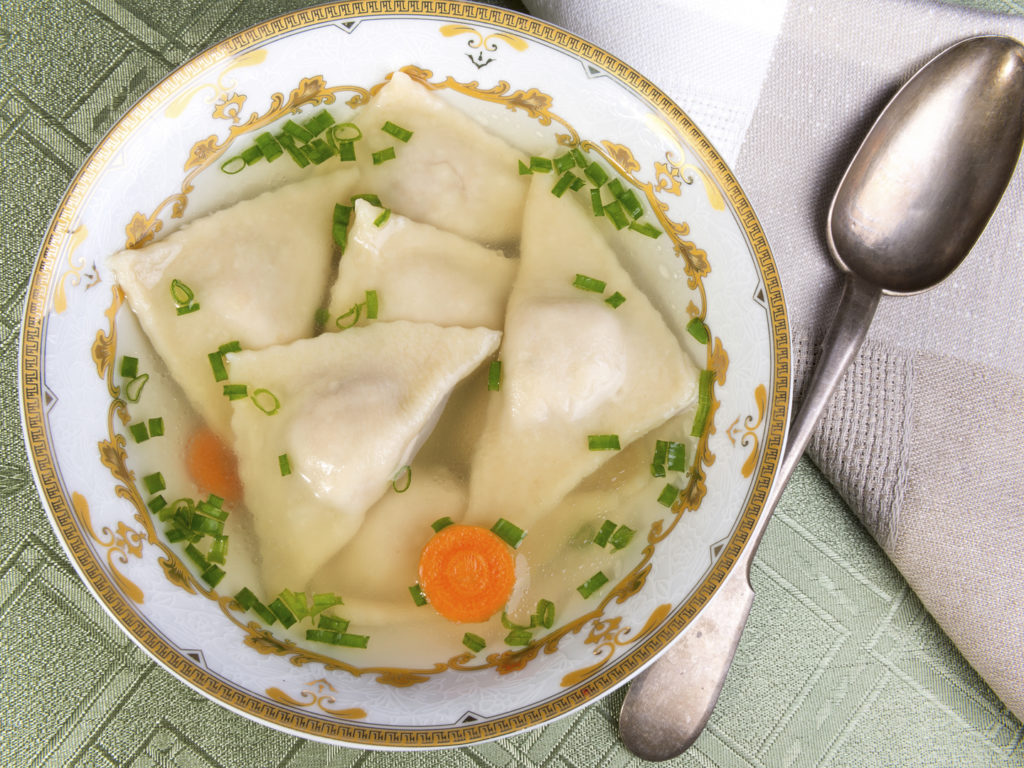What Is Kosher Certification?
Imagine you pick up a product and see a little seal that tells you it follows centuries-old dietary laws. That’s exactly what Kosher Certification does: it guarantees your food or ingredients align with Jewish dietary rules laid out in the Bible and explained further in the Talmud. These regulations date back thousands of years, but they still matter today.
When you earn a kosher certificate, you’re telling consumers—and retailers—that every step, from farm to factory to shelf, meets strict kosher standards. At Kosher Certifications, we walk you through the entire process, making sure your products earn that seal of approval.
Which Foods Are Not Kosher?
Kosher law isn’t about taste or health; it’s about specific rules on what can and cannot be eaten. Here’s a quick rundown of items that cannot carry a kosher label:
- Pork and non-ruminant mammals
- Any land animal that doesn’t both chew its cud and have split hooves is off-limits.
- Predatory or scavenger birds
- Think owls, hawks, eagles—they’re all out.
- Fish without fins and scales
- Catfish, sturgeon, and shellfish like shrimp or lobster are strictly forbidden.
- Reptiles and most insects
- Snakes, lizards, crabs—and yes, most bugs—don’t make the cut.
Even creatures that are technically kosher must be slaughtered in a particular way. Plus, mixing meat and dairy at any point—production, cooking, or serving—is never allowed.
Why Is Kosher Supervision Necessary?
You might assume a bag of plain potato chips or a box of veggie cereal is automatically kosher. In reality, hidden details can break kosher rules:
- Shared frying vats
- If a fryer once cooked non-kosher products, it can pass contamination to everything else.
- Animal-derived additives
- Glycerin on raisins or certain emulsifiers can come from animal fats.
- Flavor extracts
- Some vanilla or almond extracts use alcohol distilled on non-kosher lines.
Kosher supervision means inspecting every ingredient, every machine, and every cleaning step. Without it, you risk false labeling, consumer mistrust, or even costly recalls. At Kosher Certifications, we handle those checks so you don’t miss a thing.
What Does It Mean to Be Kosher Certified?
A kosher certificate isn’t just a logo—it’s proof that a recognized rabbinic agency has:
- Verified All Ingredients
- From the main components down to minor additives.
- Audited Production Methods
- Ensured your processes prevent any cross-contamination.
- Inspected the Facility
- Checked equipment, storage areas, and cleaning routines.
Once you pass these inspections, you can label your product “kosher certified” and reach customers who look specifically for that seal of trust.
How to Get Kosher Certification
Here’s how the journey unfolds when you partner with us:
- Submit Your Application
- Tell us about your product recipe, facility layout, and processes.
- Meet Your Rabbinic Coordinator
- You’ll have one expert guiding you, answering questions, and keeping everything on track.
- Undergo Facility Inspection
- We visit—or review remotely—your production site, equipment, and storage.
- Receive Your Certificate
- Once everything checks out, we issue your official kosher certificate and usage guidelines.
We stay in touch at every step so you always know what comes next.
Why Choose Kosher Certifications?
- Decades of Experience
- We’ve certified dozens of brands, from small artisans to multinational exporters.
- Worldwide Recognition
- Our seal opens doors in North America, Europe, Israel, and beyond.
- Transparent Process
- No hidden fees, no surprises—just clear guidance and realistic timelines.
- Continued Support
- Even after certification, we help you maintain compliance year after year.
FAQ
Q1. Why is kosher certification required?
Kosher certification brings transparency and builds trust. It shows consumers and retailers that an independent authority has verified every ingredient and process. That assurance expands your market to include kosher-observant customers and specialty buyers.
Q2. What are the benefits of keeping kosher?
- Ingredient purity: Kosher rules demand high-quality inputs and strict handling.
- Wider appeal: Many shoppers look for kosher seals even if they don’t strictly observe the diet.
- Mindful eating: Following kosher guidelines encourages healthier portions and self-control.
- Food safety: Kosher meat, for example, is salted and rinsed thoroughly, reducing bacterial risk.
Q3. Is it healthier to be kosher?
Kosher certification itself doesn’t guarantee a healthier diet—but the required inspections and quality checks can help you avoid contaminants. A kosher diet can be very healthy if you choose fresh produce, whole grains, and lean proteins.
Q4. What does it mean to be a certified kosher?
It means a recognized rabbinic agency has inspected and approved:
- All ingredients, including additives and flavorings.
- Your production methods, to prevent cross-contamination.
- Your facility and equipment, to ensure everything meets kosher standards.
Q5. How do I get kosher certified?
- Submit an application with product details and processes.
- Meet your Rabbinic Coordinator, who guides you through requirements.
- Undergo a facility inspection—onsite or remote—to audit ingredients and workflow.
- Receive your certificate once everything checks out, then apply the kosher seal to your packaging.


